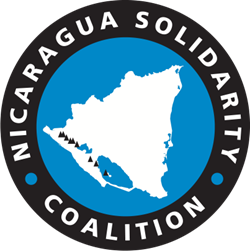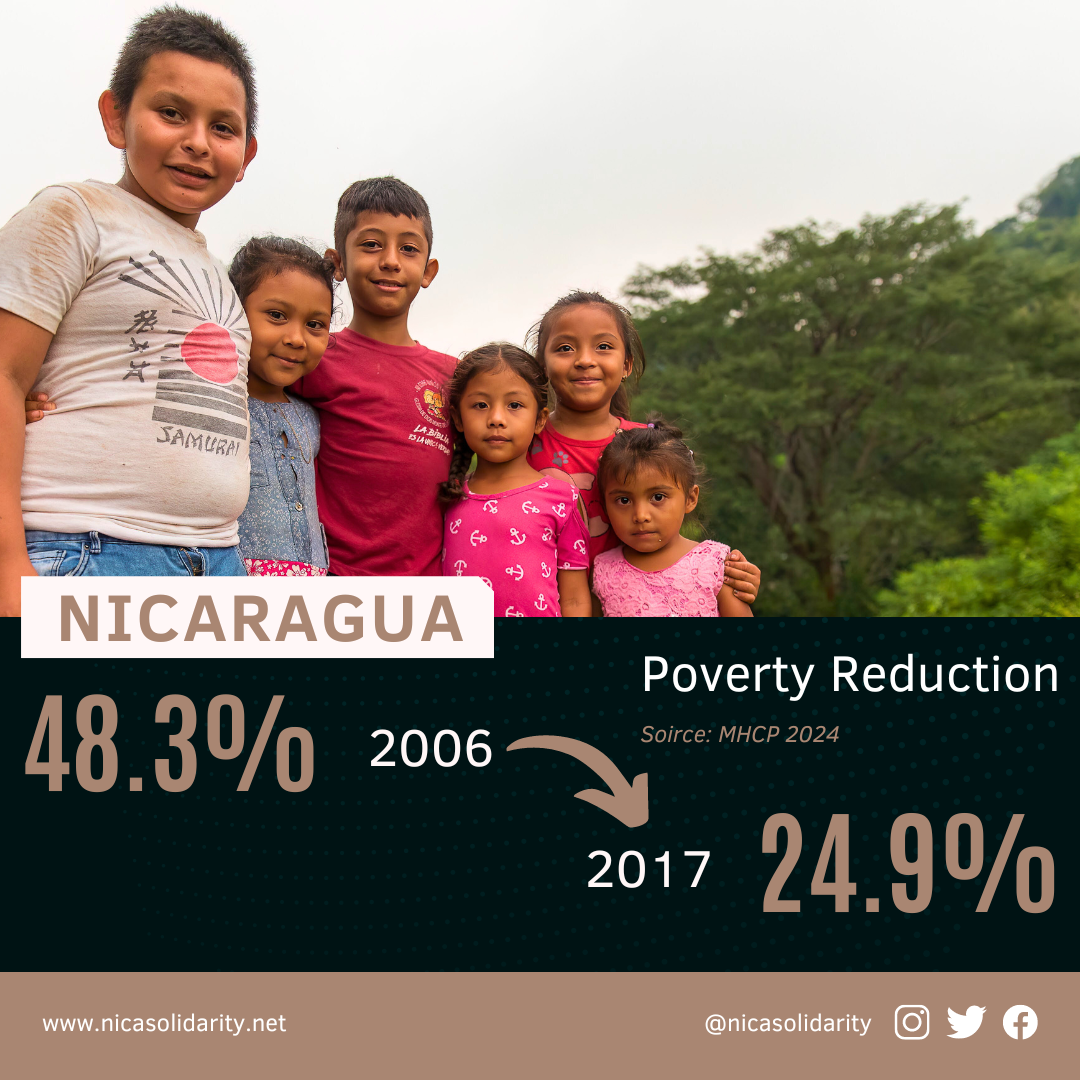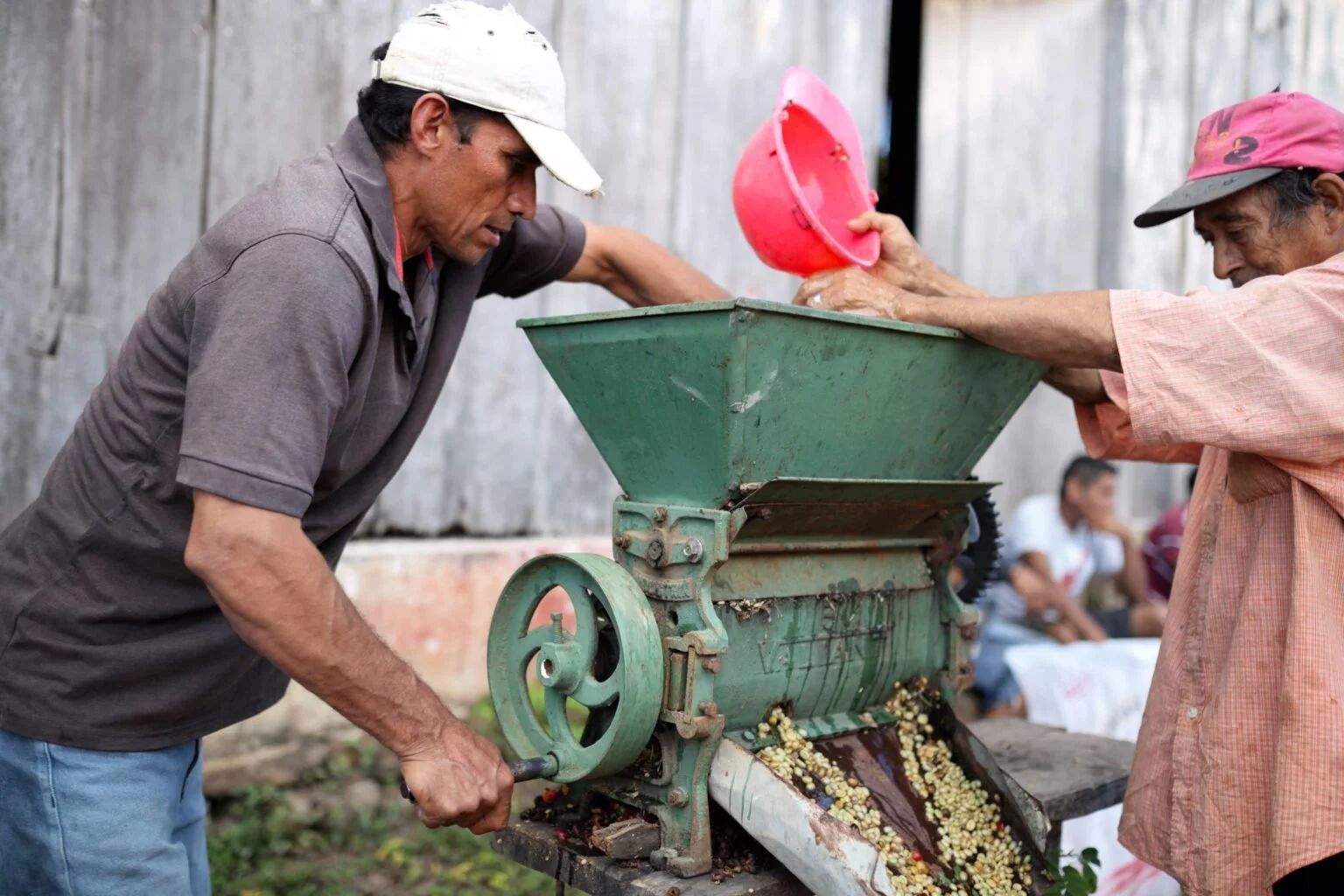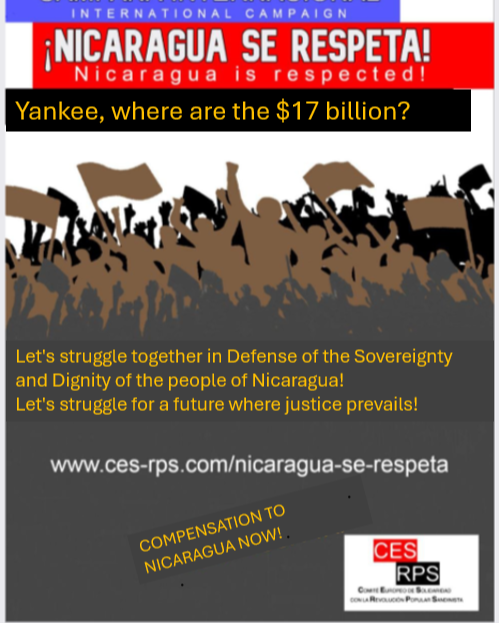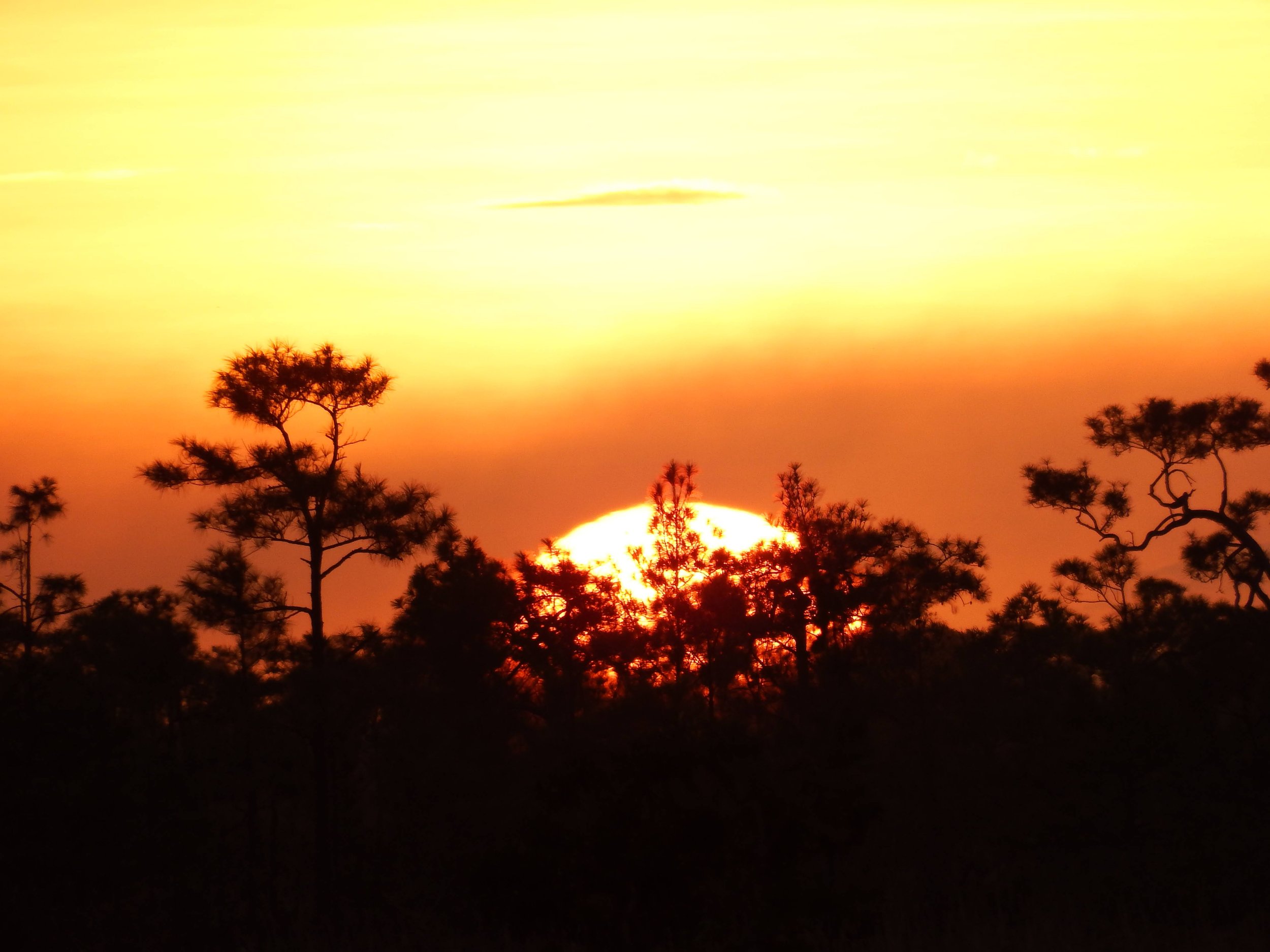Statement/ Declaración: Stop US Aggression Against Venezuela! ¡Alto a la Agresión Estadounidense contra Venezuela!
Week of Action against Attacks on Venezuela—Nov. 15 – 23!
NEWS
U.S. Scrambles to put pressure on Nicaragua
Welcome to the
Nicaragua Solidarity Coalition
No War on Venezuela! Join Week of Protest: November 15-23
We encourage all members and supporters of the Nicaragua Solidarity Coalition to endorse this call for a worldwide Week of Actions, November 15-23, and to get involved in these actions to oppose US attack on Venezuela. We also call for actions within 24 hours of any major US escalation.
For more information and lots of resources,
GO HERE
Support This Campaign from Our European Partners! Nicaragua Will Be Respected! The U.S. debt to Nicaragua
Nicaragua at a glance
Since 2007 Nicaragua has reduced poverty by 23.4% and extreme poverty by 10.9%.
Nicaragua’s free universal health care system is based on an inclusive community & family health care model.
Education in Nicaragua is free from preschool through university & technical education.
Experts say “human rights industry” attacks on Nicaragua should be treated with skepticism.
Nicaragua ranks #7 in the world for gender equity, #1 in education for women & girls, & #1 for women in parliament.
Nicaragua has deeded nearly 1/3 of its land area to self-governing Indigenous communities.
Nicaragua is the safest country in the region and has a growing network of affordable community-based tourism.
Nicaragua has universal suffrage at 16 years of age, automatic voter registration and 65% voter turnout in most recent elections.
Nicaragua is #8 in the world for transition to renewable energy generation.
Progressive labor laws protect workers and support labor unions - 1.2 million Nicaraguans are union-affiliated.
Recent polls show that only 37% of Nicaraguans identify as Catholics, compared to 50% only a few years ago.
Nicaragua is subject to continuing US aggression yet uses international law to hold countries accountable for their actions.
Our Webinars & Videos
Most Recent Recording:
"Nicaragua's Disaster Prevention and Mitigation"
Oct. 26, 2025: Nicaragua’s Disaster Prevention and Mitigation. Learn about Nicaragua's renowned SINAPRED program. Discover how Nicaragua saves lives before, during and after disasters, and how nationwide drills train more than a million citizens. Speaker: Coleen Littlejohn, International Development Economist.
